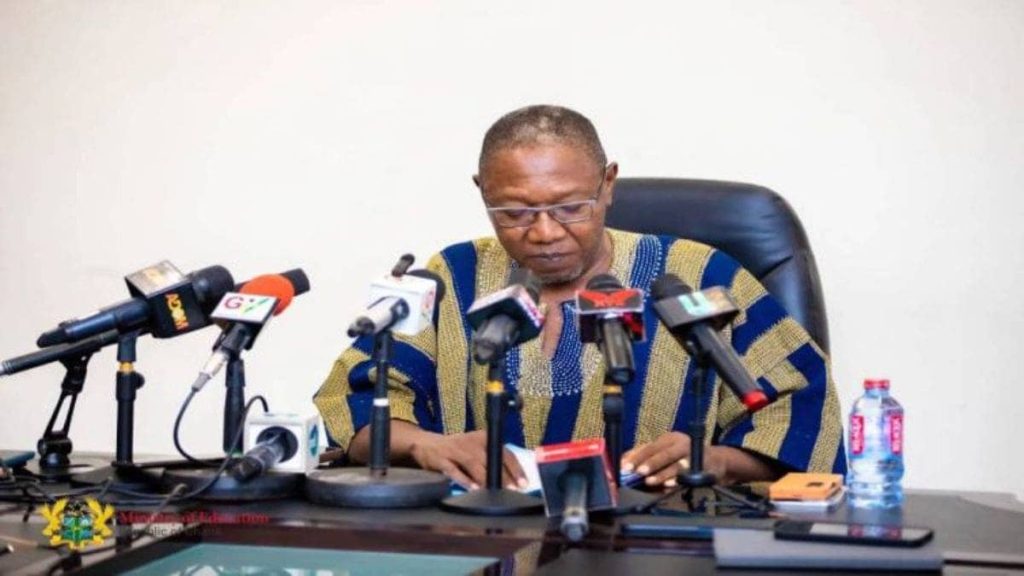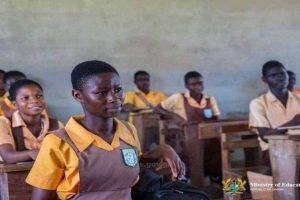TVET should not be second to a grammar education – Deputy MoE

The Deputy Minister for Education, Dr. Clement Abas Apaak, has emphasized that Technical and Vocational Education and Training (TVET) should not be considered second to grammar (academic) education.
Speaking at the 8th International Conference on Applied Science and Technology (ICAST) Conference in Kumasi, he said that both ‘Grammar’ and TVET education should be considered equally important and complement each other.
Dr. Apaak indicated that promoting TVET education is critical to Ghana’s economic development, saying, “ Technical and Vocational Education and Training (TVET) education should not be second to grammar education.”
The Deputy Minister in Charge of Education and Member of Parliament for Builsa South call to action comes as Ghana seeks to promote technical and vocational education and provide students with practical skills and training.
Dr. Apaak addressed the widespread misconception that students who pursue TVET programs are less academically capable. “That’s not the case,” he said, referencing the rigorous examinations that technical and vocational students undergo at institutions like Kumasi Technical Institute (KTI).
Dr. Clement called for the mainstreaming of TVET education, acknowledging its value and potential. “Grammar and TVET should be a part,” he reiterated, advocating for a more integrated and inclusive educational approach.
He highlighted that TVET equips students with hands-on skills in areas such as agriculture, manufacturing, and construction, sectors that are key to reducing youth unemployment and increasing national productivity.
The central government, the Education Minister noted, has pledged to increase funding for Technical and Vocational Education and Training (TVET) programs and improve infrastructure at technical institutes to support this vision.
“By recognizing the value of Technical and Vocational Education and Training education and promoting its development, Ghana can build a more skilled and productive workforce, which will drive economic growth and development,” he said.
The Deputy Education Minister, in his address at the Conference, also applauded the achievements of women in technical fields, stating: “When we hear of females achieving what my good sister has achieved, she deserves a round of applause.”
Meanwhile, Minister of Education and Tamale South Member of Parliament, Mr. Haruna Iddrisu, has raised concerns over the low enrollment of girls in Technical and Vocational Education and Training (TVET) institutions across the country.
Speaking to journalists, Mr. Iddrisu described the gender gap in the Technical and Vocational Education and Training space as a pressing issue that could hinder national development and efforts toward gender equity in the workforce.
“This year, over 55,000 students are taking part in the Technical and Vocational Education and Training (TVET) examinations, yet only 14,000 of them are female
This is not just a statistic; it is a wake-up call. We cannot build a robust, inclusive economy when half of our population is underrepresented in critical sectors like skilled trades,” the Education Minister told journalists.
A total of 55,295 prospective candidates, comprising 40,339 males and 14,956 females-are participating in this year’s Certificate II examinations for final-year Technical and Vocational students in the country.



